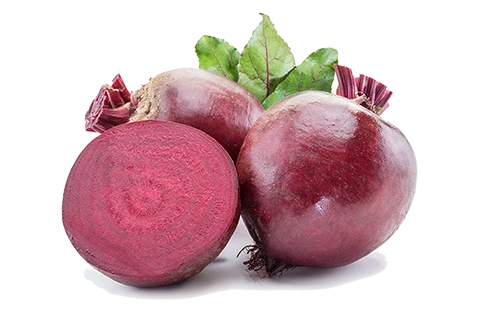ORGANIC AND INORGANIC NITRATES
Nitric oxid (NO) is an important signaling molecule that play a key role in several physiological processes, particularly in regulation of cardiovascular and metabolic functions. NO acts on several targets including the smooth muscle of blood vessels, cardiac and skeletal muscle, platelets and mitochondria. The beneficial effects of NO include the endothelial integrity, the maintenance of vascular tone and the regulation of blood pressure. These evidences suggesting a protection role against cardiovascular diseases (CVD), in particular against ischemia–reperfusion injury. Moreover, Nitric oxide increases mitochondrial efficiency and skeletal muscle contractility [1].
NO is endogenously produced by enzyme called NO synthase (NOS); in particular, endothelial NOS (eNOS) isoform has a central role in maintenance of endothelial homoeostasis. NO bioavailability decreases when oxidative stress, insufficient amounts of substrate or cofactors or hypoxia reduce eNOS activity; in particular, the activity of eNOS could be impaired by 50% in adults. The reduction in NOS activity can lead to the development of CVD [2].
However, a recently discovered pathway involves inorganic nitrates and nitrites as a precursor of NO. These anions are generated by oxidation of endogenous NOS-derived NO, but they can also be assumed from exogenous sources. This nitrate-nitrite-NO pathway act independently from NOS and it is enhanced in hypoxic condition. This pathway generates NO-like effects in the cardiovascular system; moreover, the half-life of NO is less than a second, but the nitrate-nitrite-NO pathway can act like a storage of NO [1], [2].
Organic or inorganic nitrates?
The exogenous nitrates can be organic, which are synthetic compounds, or inorganic, which are naturally present in plant, especially green leafy vegetables and beetroot [3].

Organic nitrates are traditionally used for the treatment of CVD despite their poor bioavailability due to extensive first pass metabolism. In contrast, bioavailability of inorganic nitrates is high when administered orally, because these compounds avoid first pass metabolism and they can be recycled back in salivary glands, where nitrates are reduced to nitrites by the action of commensal bacteria presents on the back of the tongue. The swallowed nitrites are rapidly absorbed (bioavailability 95-98%), develop to nitrous acid in the stomach and then decompose to produce NO [3].
Although organic nitrates are potent vasorelaxant drugs, their chronic administration are limited by the development of tolerance and endothelial injury. Tolerance has not been reported with inorganic nitrate supplementation and they show important cytoprotective effects against ischaemia–reperfusion injury [3].
Betalyn® is the standardized extract obtained from the Italian red beetroot (Beta Vulgaris, var. rubra) a vegetable naturally rich of several compounds. Red Beetroot is known to have anti-inflammatory, anti-hypertensive and antioxidant properties. Recently, utilization of beetroot as a source of bioactive compounds for disease prevention and health promotion has been widely recommended [4]. Betalyn® extract is standardized to Betaine, Betalains and Inorganic Nitrates.
REFERENCES
[1] S. A. Omar, A. J. Webb, J. O. Lundberg, and E. Weitzberg, “Therapeutic effects of inorganic nitrate and nitrite in cardiovascular and metabolic diseases,” J. Intern. Med., vol. 279, no. 4, pp. 315–336, 2016, doi: 10.1111/joim.12441.
[2] J. L. Ivy, “Inorganic Nitrate Supplementation for Cardiovascular Health,” vol. 15, no. 3, 2019.
[3] S. A. Omar, E. Artime, and A. J. Webb, “A comparison of organic and inorganic nitrates/nitrites,” Nitric Oxide - Biol. Chem., vol. 26, no. 4, pp. 229–240, 2012, doi: 10.1016/j.niox.2012.03.008.
[4] N. Chhikara, K. Kushwaha, P. Sharma, Y. Gat, and A. Panghal, “Bioactive compounds of beetroot and utilization in food processing industry: A critical review,” Food Chem., vol. 272, no. February 2018, pp. 192–200, 2019, doi: 10.1016/j.foodchem.2018.08.022.

